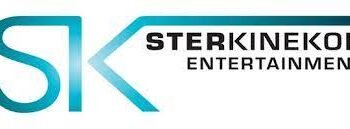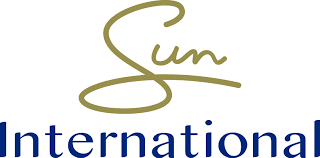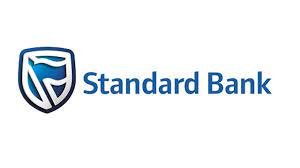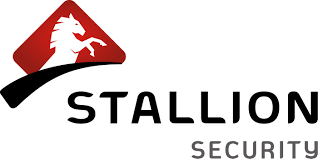Latest Learnerships 2023: Apply For the Latest Learnerships in 2023
A learnership is a work-based learning programme that leads to an NQF-registered qualification. Learnerships are directly related to an occupation or field of work, for example, electrical engineering, hairdressing or project management.
Learnerships are managed by Sector Education and Training Authorities (SETAs). They were introduced by the government to help skill learners and to prepare them for the workplace.
Learnership programmes can help you to gain the necessary skills and workplace experience that will open up better employment or self-employment opportunities.
Learnerships are based on a legally binding agreement between an employer, a learner, and a Training Provider. This agreement is intended to spell out the tasks and duties of the employer, the learner, and the Training Provider. It is designed to ensure the quality of the training and to protect the interests of each party.
A learnership requires that a learner enters into a fixed-term employment contract with the company whilst studying towards a qualification registered on the National Qualifications Framework (NQF), which is in line with the learnership (the cost of the qualification falls to the Company). Once the qualification is completed, the learnership will also end.
Latest Learnerships 2023
The following are learnerships available for South Africans To apply for in 2023 – Apply for the Latest learnership 2023
Frequently Asked Questions about learnerships
Why are learnerships important?
Learnerships promote access to education and training, as they allow you to work and get started on your career while also studying for an educational qualification.
SETAs oversee learnerships and ensure that they offer qualifications related to a specific occupation or sector of the economy. All 21 SETAs have developed NQF-aligned programmes that will help you gain recognized qualifications while getting on-the-job experience.
SETAs manage the registration of learnerships in order to meet the skills development needs across the sectors.
How do learnerships work?
Learnerships require you to complete a theoretical course as well as practical training, which is done at a workplace, in order to graduate. The workplace component of the qualification involves hands-on, practical learning under the guidance of a mentor, while the theoretical component is provided by an education and training provider. Together they form an integrated and comprehensive learning programme.
Top Tip: The number of credits needed to graduate varies from learnership to learnership, so make sur e that you understand the minimum requirements if you want to complete a learnership. Find out from the relevant SETA.
Who is eligible for a learnership?
Learnerships are available for young people who have completed school, college or learning at other training institutions. You must be older than 16 and younger than 35 to be eligible for a learnership.
Unemployed South Africans can only participate in a learnership if an employer is prepared to provide the required work experience.
How to participate in a learnership?
By now you have already put some thought into your career path, and as a result, you will be able to identify a learnership that will support your career goals.
Your career path should be influenced by your interests, skills, and strengths. The responsibility rests with you to investigate and research the different learnership options. You should find out as much as you can, including information on the criteria and requirements for entering a learnership.
What are the entry requirements?
Different learnerships have different entry requirements. We recommend that you contact the provider of the learnership for full details on the specific requirements for the learnership of your choice.
For many learnerships, the minimum entry requirement is a National Senior Certificate or National Certificate: Vocational, but there may be more specific subject requirements or even skills requirements such as computer literacy.
What are the benefits for learners?
- You may have better employment opportunities after completing a learnership;
- You have a fixed-term employment contract for the duration of the learnership;
- Learnerships improve job performance so you are able to do things relevant to the job;
- You obtain a nationally-recognized qualification that is relevant to the sector; and
- You earn a learner allowance for the duration of the learnership.
Find more details on Learnerships at: https://udahiliportal.com/za/learnerships/













